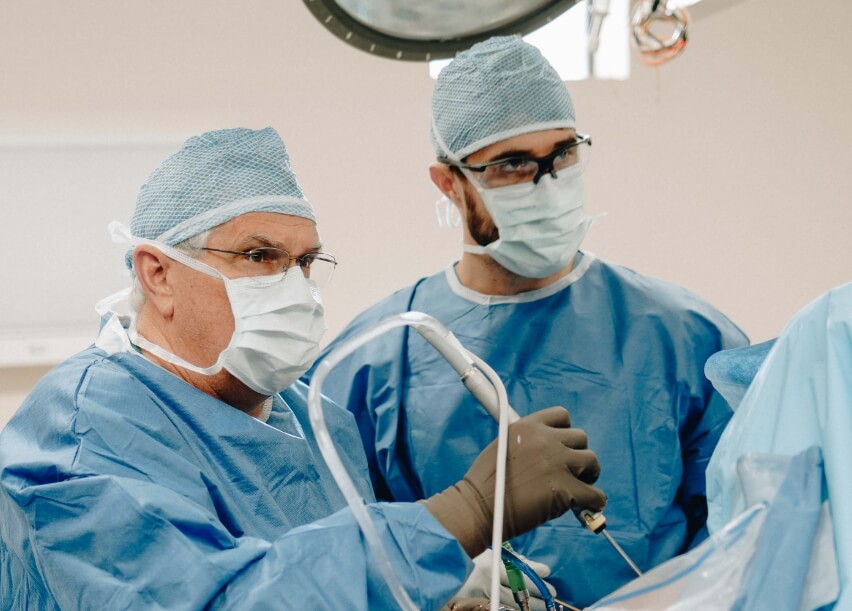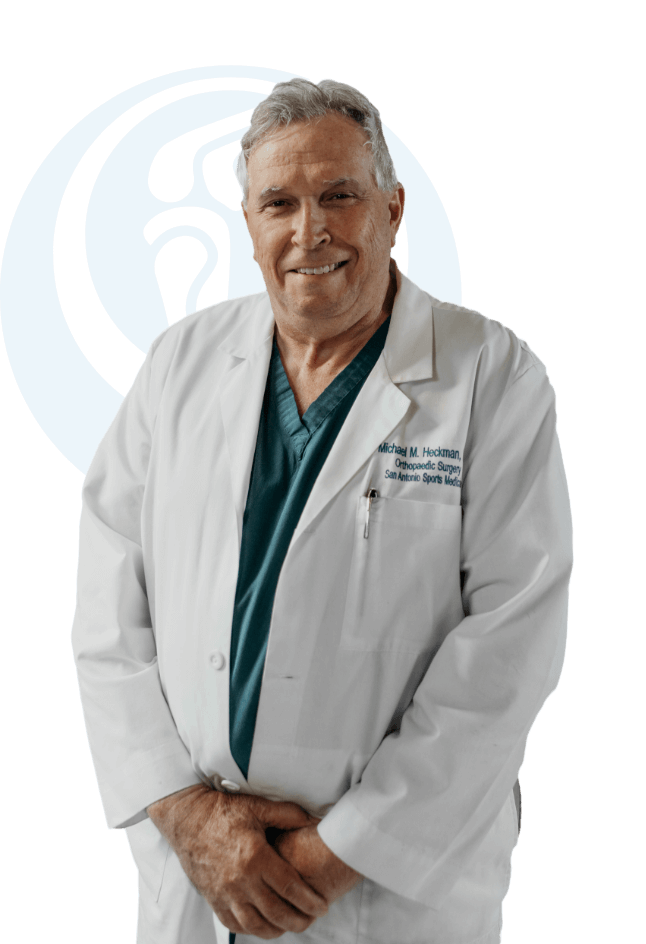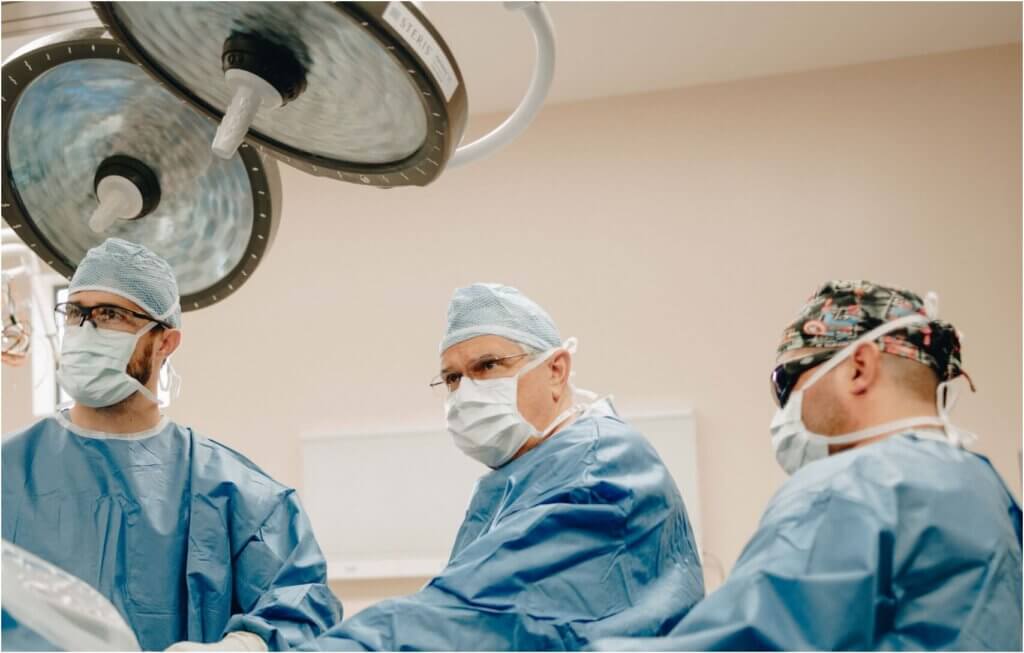
Arthroscopy is a minimally invasive surgical procedure that visualizes, diagnoses, and treats problems inside a joint. Arthroscopic surgery is performed by inserting a small camera, called an arthroscope, into the affected joint. This allows the surgeon to see the joint without making a large incision. Arthroscopy can be used to repair a wide range of joint injuries, including torn cartilage, tendons and ligaments, damaged tissue from arthritis, bone spurs, and other conditions.
There are several different types of arthroscopic procedures that can be performed depending on the condition being treated. Some common examples include:
Knee arthroscopy is used to reconstruct injured knee ligaments, a torn meniscus or damaged articular cartilage that cushions the knee.
Shoulder arthroscopy, which is used to treat injuries or conditions, such as rotator cuff tears, impingement, A/C arthritis, and shoulder instability.

Arthroscopic Surgery Recovery Time
Although the recovery time from arthroscopic surgery will vary from person to person, approximately 10-14 days is a good estimate for most people after procedures such as a menisectomy of the knee or a decompression of the shoulder.
The first day or two after your surgery you’ll likely feel some soreness. It’s important to start moving as soon as possible to minimize stiffness and to help with your healing process. Physical therapy typically begins on the first post-operative day and they will determine when you can move off of your crutches or out of your sling.
For the first week or so, you’ll need to keep your incisions clean and dry. You may also have bandages that need to be changed regularly. Be sure to follow your arthroscopic surgeon’s instructions carefully during this time.

You should also avoid any strenuous activity, including sports, during your recovery. After about a week, you can gradually start to resume normal activities. But it’s important to listen to your body and not push yourself too hard.
After a few weeks, you should be back to your normal routine. Be sure to follow up with your surgeon and physical therapist to make sure your recovery is going well.
If you have any questions or concerns during your recovery, don’t hesitate to contact Dr. Heckman or your physical therapist. They will be able to help you through every step of the process.